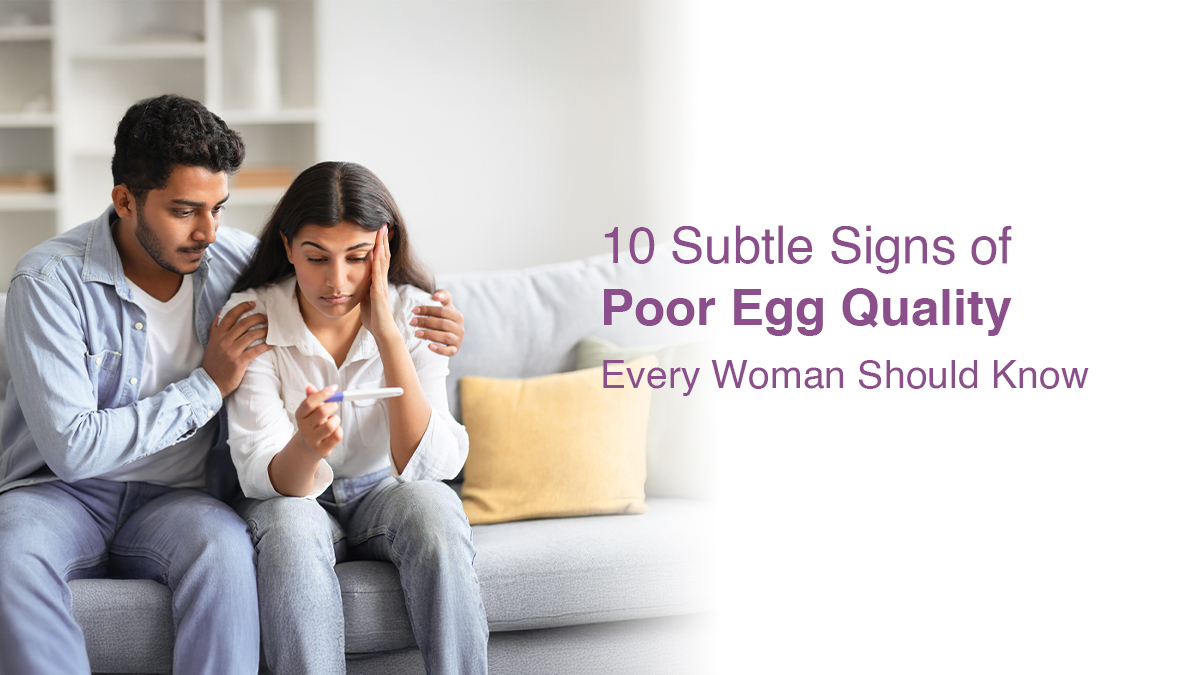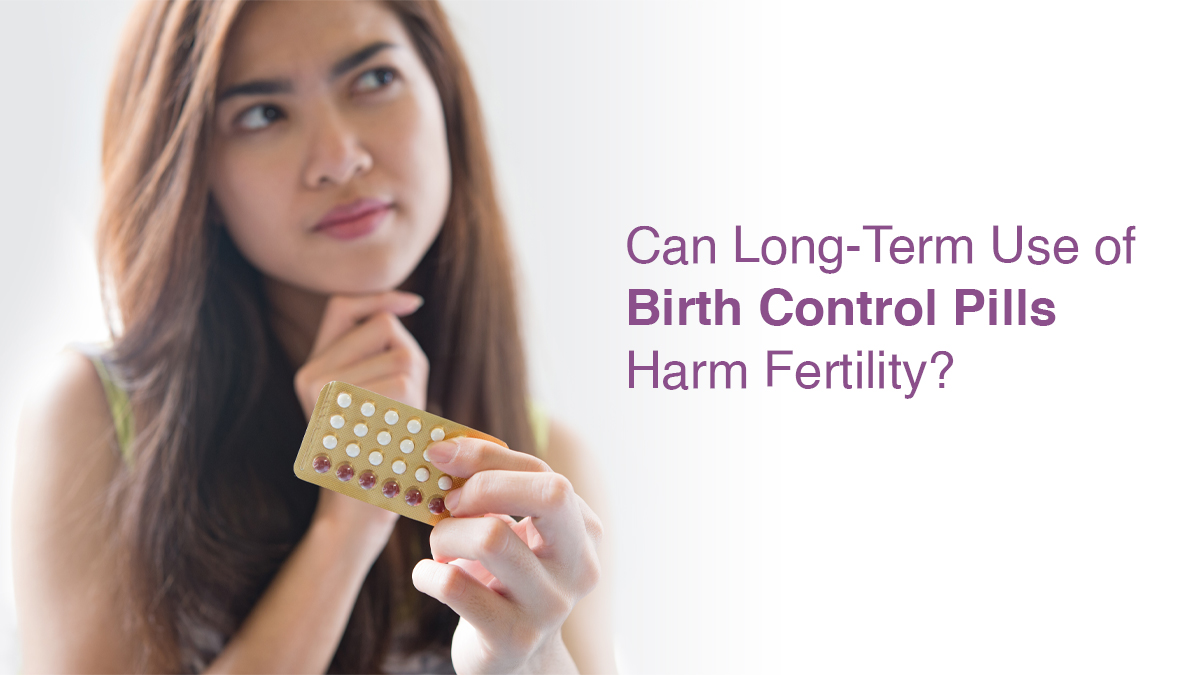
How Exercise Influences Egg Quality and Overall Fertility

Whether you are planning to conceive right now or later, maintaining egg quality is imperative for a smooth pregnancy. But juggling work, family and friends can prove stressful, taking a toll on your reproductive and overall health. The simplest answer to “How do I improve my egg quality?” is exercise. Isn’t it the best solution for most things these days? Certainly. And why not? Exercise offers a plethora of health benefits and boosts egg quality.
Understanding Egg Quality
Ovum (egg) quality is a critical factor in fertility. It refers to an egg’s DNA structure (ideally 21 chromosomes) and its ability to get fertilised. Good-quality eggs increase the chances of conception and reduce the risk of genetic or neural abnormalities in the foetus.
Here is a list of factors affecting egg quality:
- Individual Factors: Age, genetics, hormonal balance
- Lifestyle Factors: Exercise, body weight, nutrition level, smoking/drinking, substance abuse
- Medical Conditions: PCOS, endometriosis, cancer (treatments), sexual dysfunction
Role of Exercise in Fertility
To get pregnant, you must enhance all factors that affect egg quality, of which exercise is a crucial one. Exercise has a deep impact on all aspects of reproductive health.
It helps:
- Balance hormones
- Strengthen pelvic muscles
- Maintain healthy body weight
- Improve cardiovascular health
- Prevent fat deposition on internal organs
Exercise improves egg quality by improving blood flow through the body. Iron-rich blood reaching the ovaries and reproductive tissue oxygenation are critical to maintaining an optimal environment for ovum health. While oxygen-rich blood flow is crucial, staying hydrated is equally important. It ensures the elimination of toxins from the reproductive tract. Regular physical activity also facilitates nutrient absorption by improving the gut microbiome. This helps prevent nutritional deficiencies.
How to Improve Egg Quality Naturally?
Your lifestyle plays a significant role in reproductive health. Make regular exercise and a balanced diet part of your daily routine to improve egg quality naturally.
Did you know that over-exercising can negatively impact your reproductive health? An excessive energy deficit makes the immune system focus on survival and suppresses other body functions. According to a study conducted in 2023, 85% of women with a moderate or high energy deficit develop luteal phase defects, often causing anovulation (non-release of eggs into the fallopian tube).
Choosing the Right Exercise to Improve Egg Quality
Here’s all you need to know about using exercise to boost egg quality:
Moderation is Key
Regular brisk walks, swimming, or fertility yoga are best for ovum health.
Strength Matters
No need to shy away from weights. Weight training contributes to improving metabolism and insulin function.
Medium Intensity Works Best
HIITs such as intense circuit training and running can disrupt the menstrual cycle.
Direct Impact of Exercise Egg Quality
Exercise helps maintain a balance between antioxidant defences and reactive oxygen species (ROS) to prevent oxidative stress. This protects the reproductive system from oxidative stress (OS,) which is known to damage oocytes and follicles. OS may disrupt implantation, damage the uterine lining, and affect reproductive function. It may also limit the chances of fertilisation of the ovum by creating protein formation disorders. This damages DNA and may cause abnormalities in the foetus if the ovum is fertilised. Further, OS may disrupt your menstrual cycle by altering the ovulation pattern and cause other reproductive disorders.
Exercise is critical to maintaining healthy body weight, especially necessary for obese women. Obesity introduces many mechanisms that affect egg quality. These include insulin resistance, inflammation, and adipokine secretion (a hormone that helps maintain fat and glucose levels and immune function).
Balancing Exercise with Fertility Goals
Your body’s capacity to tolerate physical stress changes with the hormonal phases. Your exercise plan needs to adapt to it, especially if you are planning to conceive. A fertility specialist can guide you regarding your specific requirements and recommend suitable activities for improving egg health. This can significantly improve your chances of getting pregnant.
Considerations for Different Fertility Challenges
Medical conditions, such as PCOS, excessive obesity and endometrial disorders, severely impact egg quality. While physical activity is essential in the condition, overdoing it might be counterproductive. It is best to plan your reproductive fitness under the guidance of a fertility specialist.
Exercise to Keep Those Eggs Healthy
For reproductive conditions, such as PCOS and endometriosis, preventing you from conceiving, improving egg quality can be really challenging on your own. You don’t need to worry about how to improve egg quality if you consult a fertility specialist. They will guide you regarding the best course of action, including exercise. However, finding the right workout routine and listening to your body is paramount. Give your eggs the best chance of creating that tiny miracle you’ve been dreaming of. Even if it is not a priority right now, your body will thank you for bringing exercise into your life.


fill up the form to get a
Free Consultation
Avail 0% interest on EMI
All Procedures | No Upper Limit
Frequently Asked Questions
Does lifestyle affect egg quality?
Does going to the gym affect fertility?
Can exercise increase ovulation?
Does walking improve fertility?
How we reviewed this article:
- Current Version
- August 1, 2024 by Oasis Fertility
- July 4, 2024 by Oasis Fertility
- June 19, 2024 by Oasis Fertility






